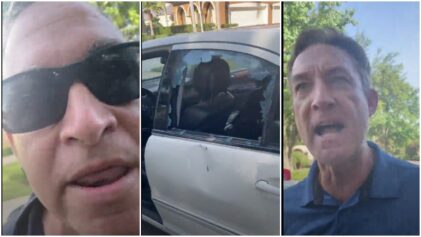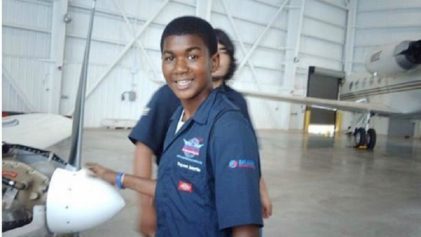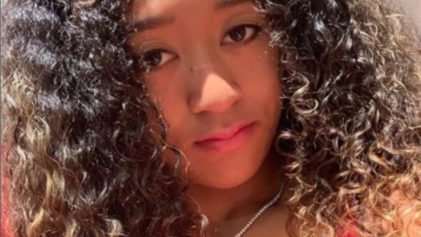The George Zimmerman murder trial continued today with testimony from a voice expert who said it wasn’t possible to clearly determine whether the screams on 911 calls were from Zimmerman or Trayvon Martin, the unarmed teen that Zimmerman killed last year in Sanford, Fla.
FBI expert Hirotaka Nakasone said a person who is familiar with a voice on a recording has a better chance of identifying it. He said the voice wasn’t clear enough to make a determination about its origins.
“It’s not fit for the purpose of voice comparison,” Nakasone said.
Nakasone also said in his testimony that guessing a person’s age by voice is “complicated” in general, and it was impossible to determine with the 911 sample he heard.
The audio expert’s testimony kicked off the second week of the explosive trial, which sparked a national debate about race and black youth culture last week surrounding the testimony of Martin’s teenage friend Rachel Jeantel.
Jeantel was billed as the prosecution’s star witness because she was the last person to talk on the phone to Martin right before he was killed by a gunshot from Zimmerman. Her testimony is crucial because she reported that Zimmerman aggressively followed 17-year-old through the subdivision until he had no choice but to confront Zimmerman.
But that key fact in her testimony has been somewhat lost in the raucous debate about the language used by the 19-year-old Jeantel, her disrespectful attitude toward the defense, her inarticulateness and seeming lack of intelligence—a fascinating instance of black youth culture, with its language and attitudes, splashed across a national stage as it collides with the protocol of the criminal justice system.
In today’s testimony, the voice expert said it’s easier for a person who is familiar with a voice to identify it than someone who has never heard it previously—especially if the recording is of a subject screaming and the person trying to identify the voice has heard the subject under similarly stressful circumstances previously.
Under cross-examination by defense attorney Don West, Nakasone conceded there was a risk of increased listener bias if people trying to identify a voice are listening to a sample in a group, as Martin’s parents did, rather than individually.
“There might be a risk of bias included in the end results,” Nakasone said.
Because of Nakasone’s pretrial testimony that the voices on the calls couldn’t be identified, Judge Debra Nelson ruled that the methods used by the experts aren’t reliable, keeping out two experts who disagreed about the screaming voice—one who said it was Zimmerman, the other who said Martin. But Nelson didn’t prevent the 911 calls from being played at trial.
The recordings are considered crucial because they could determine whether Zimmerman or Martin was the aggressor in the confrontation.
At the end of last week, Zimmerman defense attorney Mark O’Mara said the trial was progressing at a faster pace than anticipated, but that he was reserving judgment on the prosecution’s case so far.
“We’re in the middle of it. They’ve got a lot more to show. These things build up slow, and it’s sort of like pieces of a puzzle,” O’Mara said. “People say, `Wait a minute, I can’t see the picture yet.’ They’re very good prosecutors, they’re gonna do very good job, and they’re gonna put on their evidence. We’ll see how it goes. We’re certainly ready to respond to it.”
Zimmerman, 29, could get life in prison if convicted of second-degree murder.


